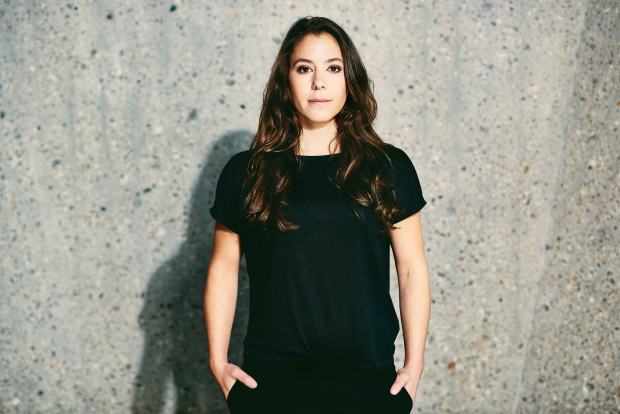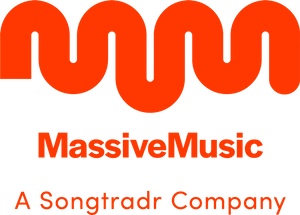
Corporate Social Responsibility: Are You Sure You Want to Do That?

Social responsibility and social impact are thrown around quite liberally in 2019. I often wonder if anyone is actually thinking about what it means. I saw it described as ‘something but not always the same thing to everybody’ (Dow Votaw, 1972). In essence that's right. It’s the execution of an effective mission statement with a focus on community and purpose. Social responsibility has become the new kid at school, rocking up at the front gates with the freshest pair of Jordans. Everyone wants to be friends with them but nobody really knows why. The thing is, nobody needs to be friends with everybody. In fact, some people are just not meant to be friends at all. If your business is driven by maximising profits and market share, then stay away from CSR. Do not pass Go and do not collect $200. Here are three good reasons why:
The argument for the product
As content creators, we are fully responsible for the quality of work going out into the world, both visually and sonically. As we move into a new era of technology, we have more scope to incorporate effective sound within devices, whether that be phones or smart speakers. Whilst long term this is yet to be fully understood, we’re being provided an opportunity to enhance brands in a truly holistic way, particularly with sound. This generates a responsibility to compose better quality sounds which are more considered and positively impact the consumer interaction with that audio. Intelligent content design can have a positive effect on consumer behaviour, so much so that sound is often used as stimuli to alter changes in mood and emotion. The same applies for visuals: the aesthetic data we digest on a daily basis impacts how we believe the world to be, regardless of it being a billboard or an Instagram ad. Brands and agencies summon the power to leverage their platforms to do good and provide benefits to others. The Smart Audio report suggests 24% of smart speaker users expressed interest in using mental health resources from their smart speakers if they felt depressed or suicidal. This raises an interesting thought around whether or not the product creators such as Amazon or Google should be responsible for creating that content if it’s not linked to their core mission.
The argument for the people
Starting from the inside out, one of the biggest growing issues for artists is adequate pay and rights. Spotify (and most digital music stores) don’t pay equal royalties for the writer side vs the artist side of a piece of music, meaning the people who write the music are being paid around 44% less than the artists (artists earn approx $0.006-$0.008 per stream). The Society for Producers and Composers of Applied Music (PCAM) are one of the few bodies, particularly for the advertising industry, who create budget and licensing templates for their members, ensuring producers and composers aren’t taken advantage of and to reduce exploitation. The responsibility of businesses and consumers to pay content creators within the creative industries fairly, is largely overlooked and undervalued. Worker rights are frequently skimmed over which has resulted in a huge increase in mental health issues. A 2018 survey found 73% of all musicians suffer from depression or anxiety, whilst the average salary for a musician remains less than £20k. It would be naive to not consider mental health being closely linked to below average wage incomes. Director Alfonso Cuarón harnessed the impact of his Oscar winning film ‘Roma’ to partner with grassroots organisations to encourage and change domestic worker rights. Using the success of the film as a platform, Cuarón was able to change rights and policy for domestic workers. It was effective because it was honest, and it was honest because the film was inherently a dedication to domestic workers.
Community engagement should be an integral part of the business culture and company DNA before social responsibility is brought to the conversation. It needs to be mission consistent with the long term organisational strategy. If your employees believe it, then they will follow it. In fact, 75% of millennials would take a pay cut to work for a responsible company. By equal measure, people can smell a rat and therefore they want honesty and credibility, whether that’s internal employees or the community you’re trying to connect with. Authenticity is discussed fairly liberally (as liberally as CSR), but if your ambition isn’t genuine then it’s simply missing the point.
The argument for the bottom line
The most effective CSR campaign of recent times was Nike ‘Dream Crazy’ and not because of its incredible financial success (31% increase in online sales and share price hit an all time high at $83.47 USD) – that’s simply the bi-product of extraordinary work. It was socially led because Nike backed former American football quarterback Kaepernick after he took the knee. Kaepernick was trying to impact his community positively, using his platform to stress racial and national injustices. Nike supported him because, by way of their own mission statement, they “make a positive impact in communities where we live and work.” It’s written in their mission statement, it’s part of their heritage and it fits with their purpose. That's why it was socially responsible.
If you take nothing else away, then take this – You can’t go it alone. Social change requires an ecosystem to generate social and community thinking, it is more than a visual diet for your corporate Instagram account. Social responsibility is about the product and the people: if that is working in unison with the company purpose, then the results can positively impact your bottom line. Therefore I ask, before you decide you want to engage in CSR, think hard. Are you sure you want to do that?

Soraya Sobh is head of creative development at MassiveMusic London













